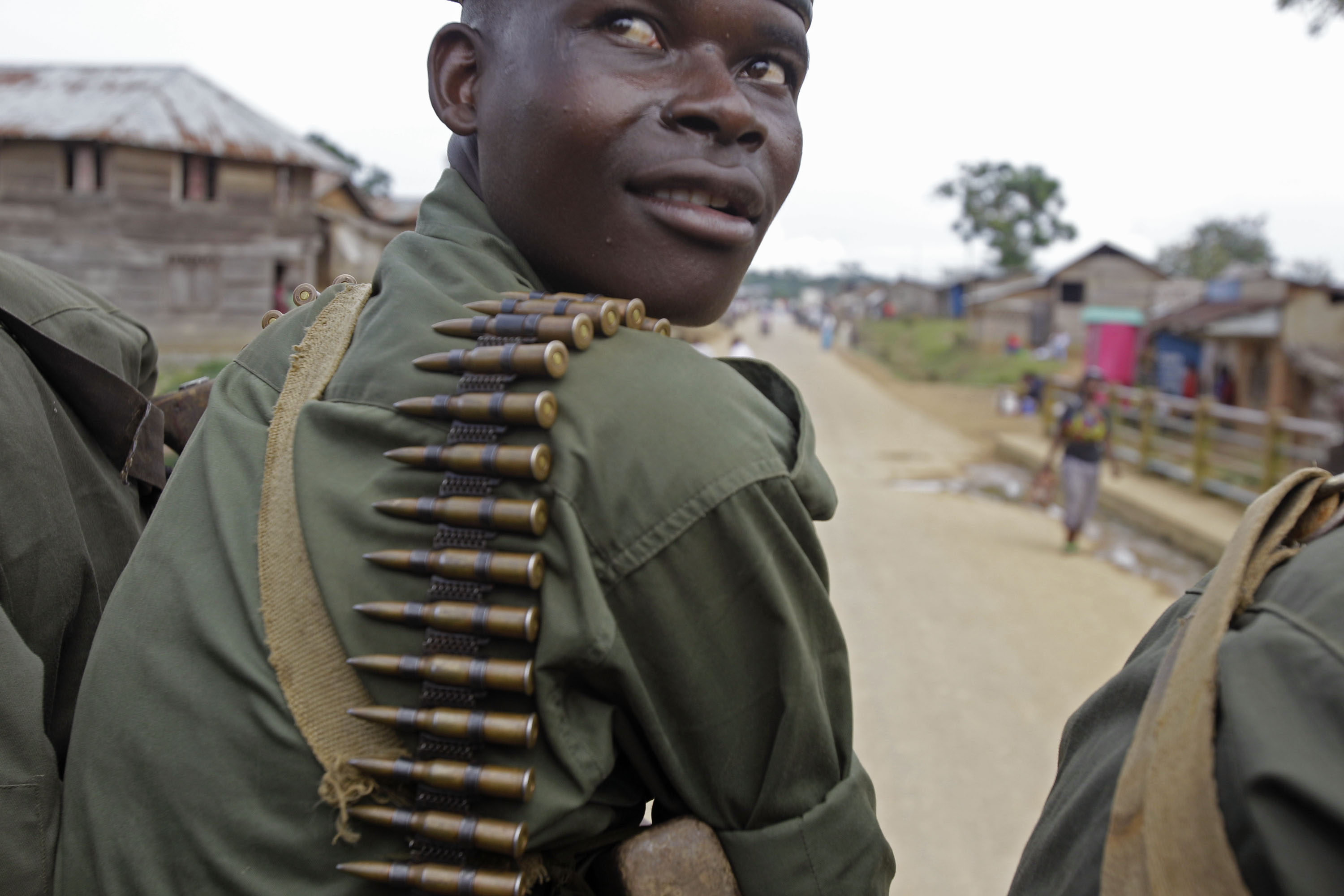
GOMA, Democratic Republic of Congo – When the M23 rebellion broke out, observers were divided over whether the smuggling ring led by wanted warlord Bosco Ntaganda would continue to help fund the rebellion, or would be hampered by the fact that most ex-officers of the National Congress for the Defense of the People, or CNDP, were needed in the bush to join Ntaganda’s mutiny. A confidential report by the U.N. Group of Experts on Congo, leaked to Reuters news agency last week, makes clear which way that scenario played out.

